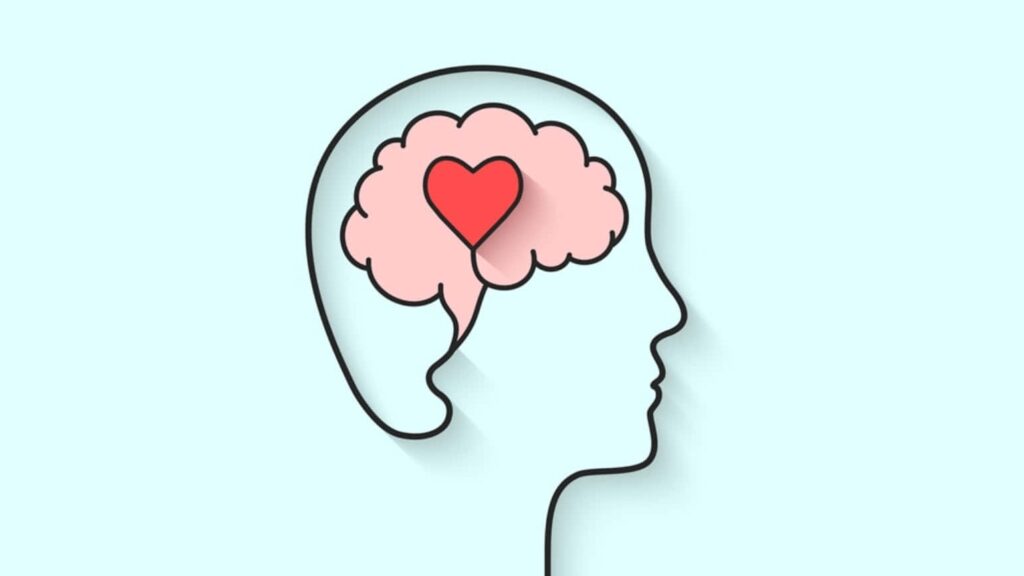
Vitamins play a major role in keeping your mental health in balance. Absence of a few vitamins can lead to mental health issues. It affects mood, thinking, and behavior can be described as a mental health problem. Various mental health conditions could have adverse effects on your lifestyle. Depression is sometimes associated with the lack of certain vitamins. While it’s common knowledge that vitamins promote physical health, fewer people know that the vitamins and minerals entering our bodies affect our mental health, too.
Some of the vitamins that prove best for our mental health are:
VITAMIN B:-
B vitamins are some of the best vitamins for mental health. They are known for their mood- altering properties. Vitamin B helps fight fatigue, improves your memory, and allows you to function with more clarity. Deficiencies in B vitamins can lead to depression , anxiety , fearfulness and irritability.
Vitamin B12 and folate (B9) are important for maintaining a healthy nervous system. Vitamin B12 and folate are needed for producing norepinephrine, serotonin and dopamine.
VITAMIN C:-
Vitamin C is the most important vitamin of all other vitamins, Many people are aware of vitamin C and its immune boosting properties. What fewer people know is that vitamin C also plays an important role in mental health .
While the link between vitamin C and mood might be surprising , many people who are deficient in vitamin C experience depression and chronic fatigue. Some research has also shown that vitamin C can help lower anxiety symptoms. Taking the vitamin C supplements ,they feel anxiety ,mood and energy levels.
VITAMIN D:-
Vitamin D is another great natural supplement for mental health. Vitamin D contributes to healthy brain function, among other health benefits.
Vitamin D deficiency is common amongst people who are suffering from seasonal affective disorder (SAD). Vitamin D supplements could be beneficial especially when you experience more depressive symptoms during low sunlight months. ZINC,MAGNESIUM, OMEGA-3 FATTY ACIDS, SAFFRON all play a major role in the nutrients produced by mental health Conditions.
It can be quite hard trying to stay on a healthy diet plan. Reducing or avoiding alcohol intake, cigarette smoking, refined sugars, and caffeine may help to maintain good mental health. You should consult the physician before taking any dietary supplements.
